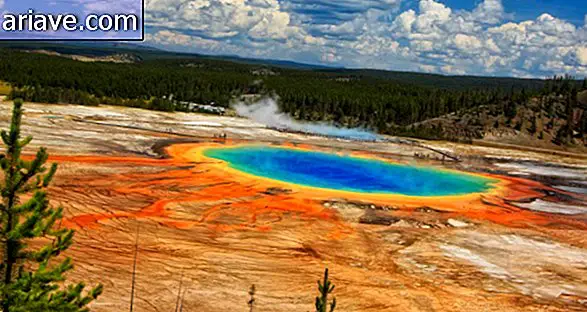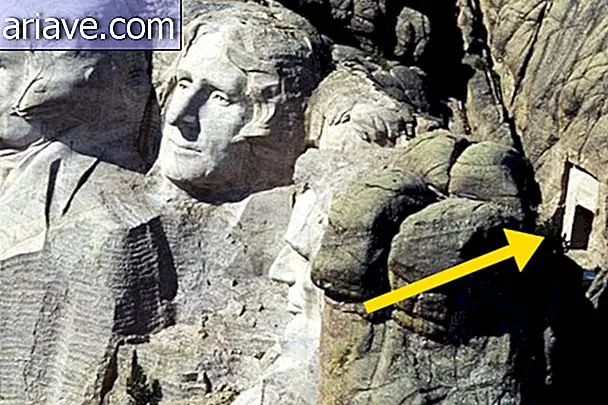Do you know who was the first emperor of China?
Both in size and population, China is one of the largest countries in the world. As you may already know, it has been around for a long time, but it was not always a unified nation as we know it today.
Let us then go back to the year 259 BC, when the territory was divided into seven warring states to control each other. The climate was so tense that this period of Chinese history eventually became known as the Combatant States Period. One of these states was called Qin, and in the royal family there was born Ying Zheng, the king's son.
Prince Zheng became king at the age of 13 and ruled with the aid of a regent until he was 22, when he took complete control of Qin. For more than a decade, he devoted himself completely to taking over the other states and unifying China under his authority. Methodically, Zheng conquered one by one, in this order: Han, Zhao, Wei, Chu, Yan and Qi. His plans worked so well that he began to rule unified China in 221 BC, declared himself Emperor of China, and even changed his own name to Shi Huang, meaning "first emperor."
Cleaning the house
In the position of empire leader, Qin Shi Huang took a series of steps to make China a truly unified nation. He reorganized the government into administrative units and established a common currency, a measurement system and a writing standard. These decisions were crucial in preventing conquered states from continuing to act and see themselves as independent nations.
Moreover, it was at this time that China's infrastructure began to be built, which made travel and trade possible through a large network of canals and roads. It was also in this context that the Great Wall of China was erected in order to consolidate the country's defense against possible invaders.

Not everything is flowers
So far we have told the most enjoyable part of, say, the story. At the same time, Qin Shi Huang was considered a tyrant because he banned most religions on the grounds that all loyalty should be to him and his government. As he wished China's history to begin with his dynasty, he even ordered virtually every book to be burned! Just imagine!
However, do not think that he stopped there. Due to numerous assassination attempts during his lifetime, the emperor became obsessed with finding something that would enable him to live forever. At the same time, he still worried about what he would find after death, so he simply had 700, 000 workers build a tomb the size of a small town, protected by an army of about 8, 000 terracotta warriors, horses and carriages. . And if that wasn't enough, the tomb would still be surrounded by rivers of mercury, an element seen at that time as capable of ensuring immortality.
Behold, in 210 BC, Qin Shi Huang was even buried there - ironically, according to archaeologist Kristin Romey, it was probably the mercury he ingested seeking eternal life that led to his death.
Historical tourism
It is currently possible to visit the complex built by the first emperor, which was located in 1974 by chance by farmers. One by one the terracotta warriors were being excavated, each with different features from the others. Thus was discovered the largest archaeological site since the treasures of Tutankhamun were found.

As scientists have found major mercury contamination in the area's soil and authorities still do not believe current techniques are sufficient to explore the site, the exact location where Qin Shi Huang is buried remains closed. However, the various pavilions housing the gigantic army are already quite impressive. The main archaeological moat is larger than a football field and even today work is continuing in the area; while the little ones keep other precious things. Some areas of the complex are open for visitation, and there are even specific excursions and small shops.
Now the question is: did the emperor imagine all this and is happy with this whole movement?
***
Did you know that Curious Mega is also on Instagram? Click here to follow us and stay on top of exclusive curiosities!











